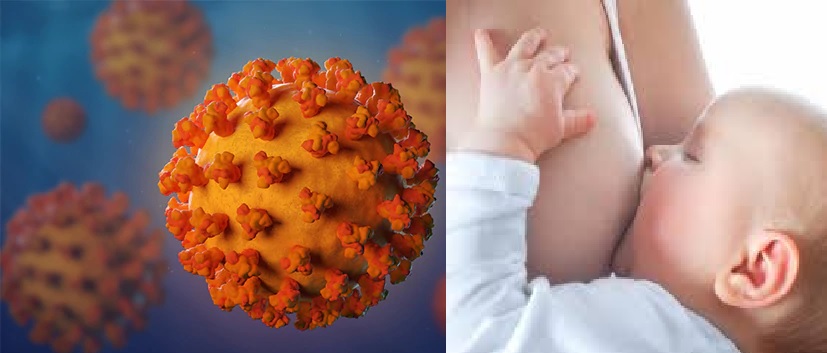Breastfeeding During the Covid-19 Pandemic Narrative Review
Main Article Content
Abstract
Purpose of the review: The aim of the review is to delineate the role of breastfeeding by women with suspected or diagnosed COVID-19. We looked for reports that include the role of the breast-milk microbiota under the conditions of the COVID-19 pandemic.
Recent Findings: Currently, there are reports of the detection of antibodies against SARS-CoV in umbilical-cord blood and breast milk. The placenta has a very low expression of angiotensin-converting enzyme (ACE2) receptors, which appear to limit the entry of SARS-CoV-2 into the fetus.
Extract: Adequate growth and development are guaranteed by the precocious attachment of the newborn to its mother and breastfeeding in the first hour after birth, as well as the maintenance of exclusive breastfeeding in the first 6 months of life. Immunological protection against diseases is also provided, especially for respiratory and digestive diseases. In cases of mothers with COVID-19, vertical transmission from mother to child has not been documented. There is no evidence of the virus in the amniotic fluid at the time of birth or in breast milk, so it is indicated that breastfeeding should be continued but under strict compliance with safety and hygiene measures. Additionally, it has been reported that the type of delivery and its management could be involved in the spread of COVID-19 through blood, feces, and other ways.
Downloads
Article Details

This work is licensed under a Creative Commons Attribution-NonCommercial 4.0 International License.


